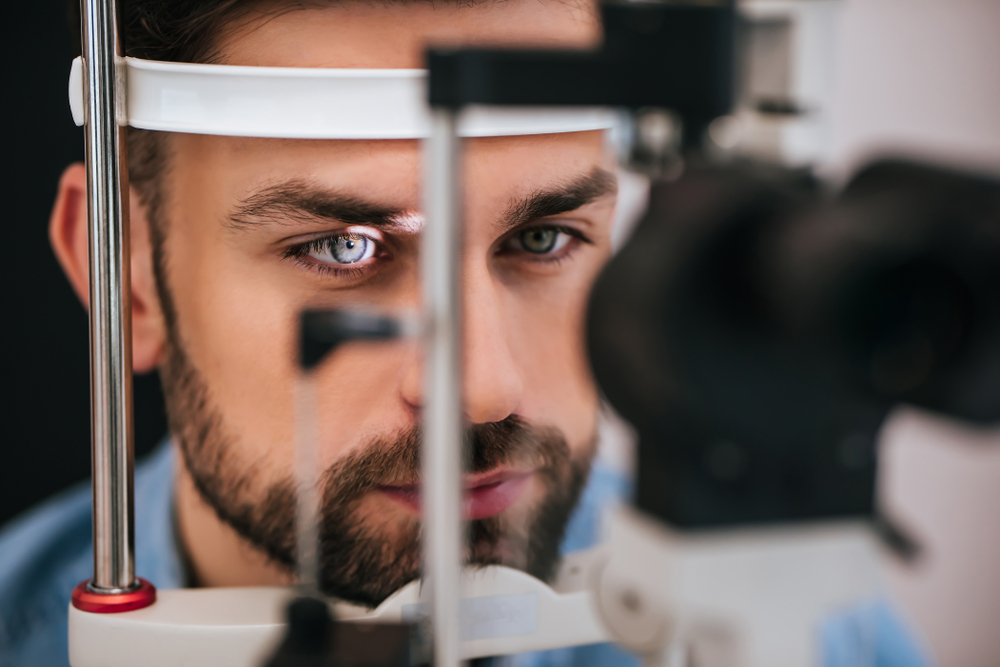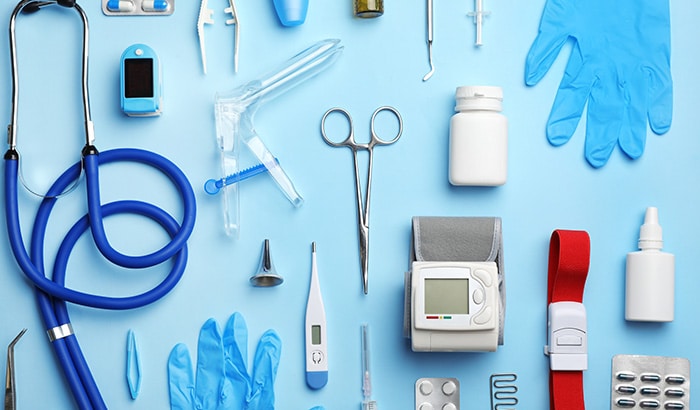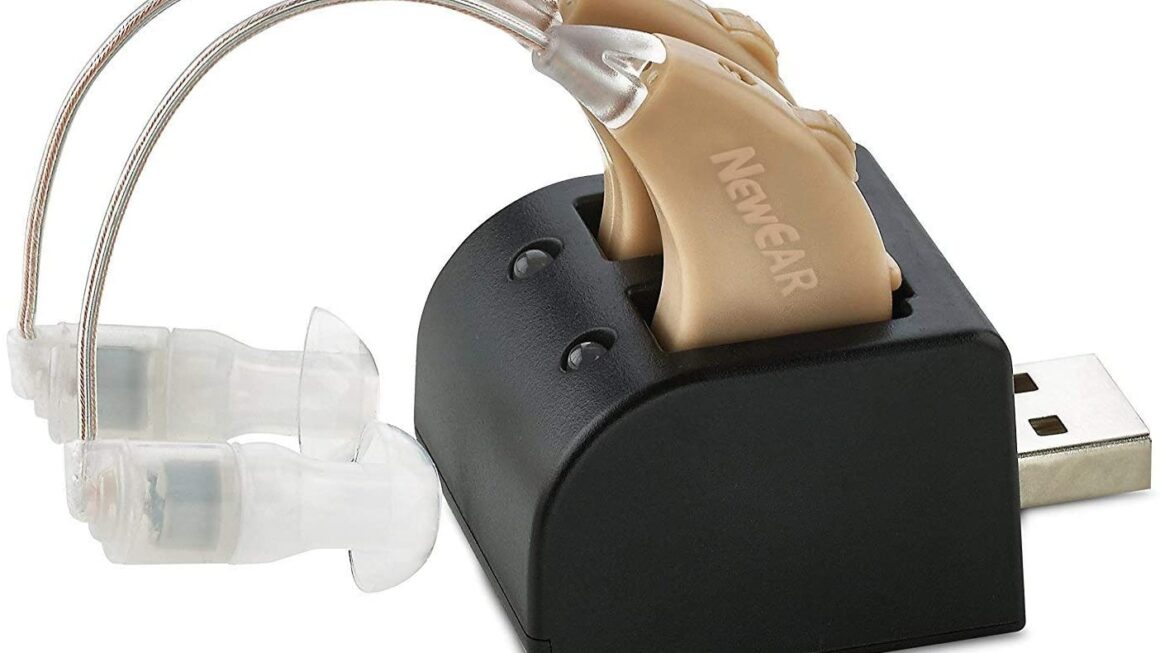In this fast-paced world, most people neglect the importance of regular health checkups, especially eye tests. Your eyes are your windows to the world and maintaining their health is crucial. A regular eye checkup not only ensures optimal vision but also aids in the early detection of potential vision problems and diseases. This article will delve into the importance of an eye test, the various types, and what your eye test results mean.
What is an Eye Test?
An eye test, also commonly known as an eye examination, is the gold standard for determining the overall health of your eyes, as well as your visual acuity. Conducted meticulously by a qualified optometrist or ophthalmologist, the eye test is not merely a routine check-up. It is a comprehensive assessment of your eye’s ability to focus on objects at varying distances and your overall vision.
An eye test delves into much more than just testing whether you need to upgrade your glasses or switch to a new set of contact lenses. It’s an evaluation of the overall wellness of your eyes. Our eyes, being one of the most vital organs, need regular check-ups to ensure their longevity and to maintain the quality of our vision.
Eye tests are instrumental in detecting any underlying eye health issues early. This could include conditions such as glaucoma, macular degeneration, or even cataracts. Early detection often leads to more effective treatments, preventing potential vision loss or impairment.
Types of Eye Tests
There are several types of eye tests conducted based on the patient’s age, health, and specific needs. Some of the common ones include the Visual Acuity Test (to measure the sharpness of vision), Color Blindness Test, Ocular Motility Test (eye movement test), Stereopsis Test (depth perception test), Retinoscopy, and Refraction testing. Online eye tests have also gained popularity for their convenience and accessibility.
Importance of Regular Eye Tests
You can’t overstate the importance of regular eye tests. Why, you ask? Well, mate, they’re absolutely vital for keeping our peepers in top shape. Not only do they help us maintain optimal vision, but they also play an instrumental role in the early detection of a range of vision issues. We’re talking about conditions like myopia, or nearsightedness, and hyperopia, more commonly known as farsightedness. Then there’s astigmatism, and presbyopia, which are those pesky age-related vision changes.
But that’s not all, folks! Regular eye tests can also spot serious health conditions that affect more than just your vision. Have you heard of glaucoma and macular degeneration? Or cataracts, perhaps? These are all serious eye conditions that could be caught early with regular testing. And it doesn’t stop there. Believe it or not, an eye test could even identify other health issues like diabetes or hypertension. It’s like a window to your overall health!

Understanding Eye Test Results
Eye test results are indeed an invaluable tool in our pursuit of maintaining optimal eye health. They offer extensive insight into the current state of our eyes, flagging up any potential concerns or conditions that could be lurking beneath the surface. Are you straining to see things clearly from a distance or perhaps, struggling to decipher the fine print in your favorite book? Your test results could indicate the need for corrective lenses, even specifying the precise power needed to sharpen your vision.
But that’s not all! Eye test results are also incredibly adept at unearthing any underlying eye diseases or conditions you might unknowingly have. They act as an early warning system, allowing you to take proactive steps and initiate treatment right away, if necessary.
Now, you might be handed your test results and find yourself a bit bemused, trying to decipher the jargon and numbers. It’s natural to feel that way. This is where your trusty eye doctor comes into play. They are the key to unlocking the secrets hidden in your results, translating the medical terminology into something you can understand and act upon.
So, don’t shy away from discussing your results with them. Ask questions, express your concerns, and gain a better understanding of your eye health. After all, knowledge is power, and in this case, it could be the power to preserve your precious sight.
Maintaining Eye Health: The Next Steps
Maintaining eye health is essential for overall well-being and quality of life. While regular eye tests are crucial, there are several other factors to consider in order to preserve and promote optimal eye health. By adopting a healthy lifestyle, following a nutritious diet, staying hydrated, getting enough sleep, and protecting your eyes from harmful ultraviolet (UV) rays, you can significantly contribute to the well-being of your eyes. Additionally, taking breaks while working on digital screens is crucial in preventing eye strain.
Leading a healthy lifestyle is beneficial for your eyes as well as your overall health. Regular exercise improves blood circulation, which promotes healthy eyes by delivering essential nutrients and oxygen to the eyes. Engaging in physical activities also helps to maintain a healthy weight, which reduces the risk of developing conditions like diabetes and obesity, which can lead to vision problems.
A balanced and nutritious diet plays a vital role in maintaining good eye health. Including foods rich in antioxidants, vitamins, and minerals can help protect your eyes from age-related macular degeneration, cataracts, and other vision problems. Incorporate foods like leafy green vegetables (such as spinach and kale), carrots, citrus fruits, berries, fish rich in omega-3 fatty acids (such as salmon and tuna), and nuts into your diet. These foods provide essential nutrients like vitamin C, vitamin E, zinc, omega-3 fatty acids, and lutein, which are beneficial for maintaining healthy eyes.
In conclusion, eye tests are an essential part of maintaining your overall health. They not only ensure clear vision but also help in the early detection of eye conditions and even other health issues. So, do not neglect this crucial aspect of your health. Schedule regular eye tests and take the necessary steps to ensure your eyes remain healthy and your vision, clear.












